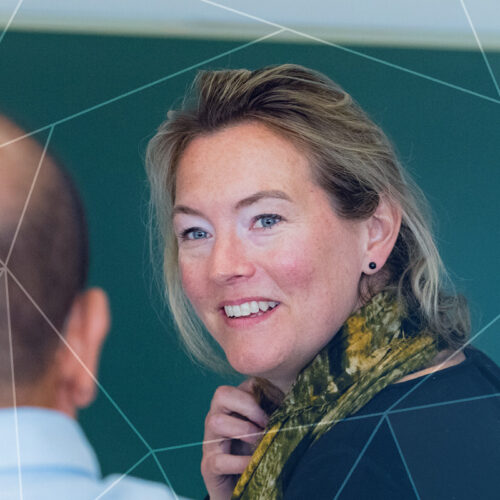With a history spanning over 150 years, Bayer considers itself to sit at the forefront of companies delivering innovative solutions to the healthcare and agriculture sectors. The organization offers a wide range of products, from specialty therapeutics for managing chronic illnesses and over-the-counter (OTC) medication, to chemical and biological pest-control solutions for crops. Today, the life sciences sector faces a growing, aging global population and a worldwide food crisis, as well as the ongoing threat of the emergence of new diseases. To tackle these challenges effectively, Bayer realized that it needed to harness the potential of its workforce – and especially its managers, as the guiding lights for employee endeavor.
To empower managers as quickly as possible, it was important to rethink the relationship between scale, speed and impact. In training, scale means reaching the greatest number of participants. Speed alludes to how quickly the program can be deployed across various corporate populations. And impact refers to what changes for participants and their teams and organizations as they apply the skills they acquire from the program to their professional environment.
Consciously or unconsciously, HR leaders run the risk of compromising on impact as they focus speed and scale. This can potentially lock them into a mental model somewhat akin to compliance training – in essence a deployment more focused on knowledge dissemination than on learning application. But Bayer’s upskilling initiative (which was achieved through an IMD Sprint program) reached over 12,000 people within nine months – onboarding around 500 participants every week – and achieved a completion rate of 83% with measurable impact and behavioral deltas that surpassed expectations. Such programs are changing the mindset that cascading at scale need not result in low impact or quality.
How was this achieved? Firstly, as mentioned, the triangular relationship between scale, speed and impact was reconfigured, so all were accorded sufficient attention. Secondly, impact was maximized through sharing of real, personal experiences. And, lastly, Bayer and IMD recognized the appetite for learning among its workforce and co-created a program that met employees’ expectations.





 Audio available
Audio available
